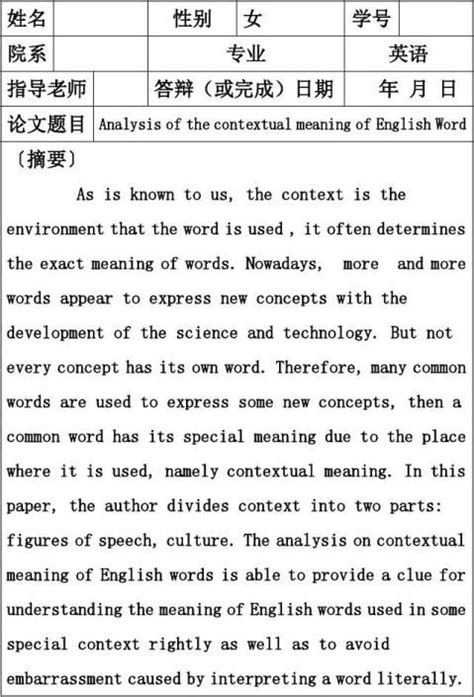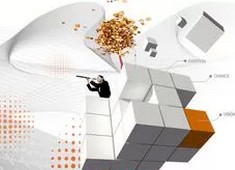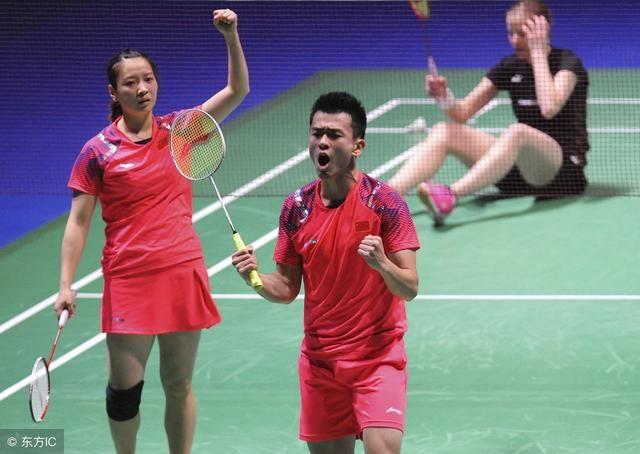大学体育教学方面的论文引言
Title: The Importance of Physical Education in Higher Education Institutions
Introduction:
Physical education plays a crucial role in higher education institutions as it goes beyond promoting physical fitness and encompasses the overall development of students. This article aims to highlight the benefits of physical education in universities and provide insights on its impact on students' academic, social, and emotional wellbeing.
1. Enhancing Academic Performance:
Regular participation in physical activities has been linked to improved cognitive function, concentration, and academic performance. Physical education classes can help students relieve stress, sharpen their focus, and enhance their problemsolving skills. Integrating physical activities into the curriculum can foster a positive learning environment and aid in overall student success.

2. Promoting Health and Wellbeing:
Physical education offers an opportunity for students to engage in regular exercise, leading to improved physical health and wellbeing. Regular participation in physical activities can reduce the risk of chronic diseases, improve cardiovascular health, and enhance muscular strength and endurance. Additionally, physical education classes can educate students about the importance of maintaining a healthy lifestyle, including proper nutrition and stress management.
3. Enhancing Social Skills and Teamwork:
Physical education often involves team sports and group activities, providing a platform for students to develop their social skills and teamwork abilities. By participating in teambased physical activities, students learn to communicate effectively, cooperate with others, and develop leadership skills. These skills are transferable to various aspects of life, including future careers.
4. Promoting Emotional Wellbeing:
Physical education can contribute significantly to students' emotional wellbeing by reducing stress, anxiety, and depressive symptoms. Engaging in physical activities releases endorphins, also known as "feelgood" hormones, which can enhance mental wellbeing and improve mood. Moreover, physical education classes provide a positive and supportive environment, fostering selfconfidence and selfesteem.
5. Lifetime Value:
Instilling a love for physical activity in higher education can have a lifelong impact on students. Through physical education, students can develop a positive attitude towards leading an active lifestyle, leading to longterm health benefits. Encouraging regular physical exercise during college years can help students establish healthy habits that they can carry into their future, reducing the risk of sedentary lifestyles and associated health issues.
Conclusion:
Physical education in higher education institutions holds significant value beyond its immediate benefits. It fosters academic success, promotes physical and mental wellbeing, enhances social skills, and instills lifelong healthy habits. Integrating physical education into the curriculum is therefore essential to provide students with a holistic educational experience. Educational institutions should prioritize the development and implementation of comprehensive physical education programs to ensure the overall growth and wellbeing of their students.
欧洲杯直播
MORE>-
09-20《摩纳哥与巴萨的激情碰撞》
-
09-19加纳乔本赛季造球超过姆巴佩,近天进球和桑乔今年一样多
-
09-19制造胜率高达%,仅次于弗格森!滕哈格真是杯赛专家?
-
09-19孔帕尼三连胜:执教拜仁开启追求蓝图的新篇章
-
09-18破案了!国足换帅叫停原因找到,强赛计划有变,伊万阴谋得逞
-
09-18杨政回应未通过体测:早知道要体测就不参选已尽力否认嘲笑牟进宏
-
09-18贾巴里·史密斯:火箭的完美副手与宝贵特质
-
09-18不愧名帅!水庆霞近轮豪取分:击败女足卫冕冠军武汉!
-
09-18韩网评选世界赛阵容竟落选
-
09-17孙杨张豆豆晒合照送中秋祝福
-
09-16王楚钦输球是假球?许昕说实话了→
-
09-16阿塞拜疆正赛:皮亚斯特里夺冠,塞恩斯&佩雷兹退赛
-
09-16冠军战霸气完封波多黎各,日本棒球队世界杯夺冠,缔造连霸
-
09-15周六德甲:莱比锡红牛柏林联合
-
09-15全国田径锦标赛:谢震业迎奥运后首秀,秒小组第晋级
-

2024今晚香港开特马开什么六期,答案解析解释落实掌握天下事_中级版33.291
在2024年的香港特马开奖活动中,众多彩民和观众都在关注着每一期...
-

2024年新澳门王中王资料,答案解析解释落实掌握天下事_3D6.3
在信息爆炸的时代,掌握最新的资讯成为了每个人不可或缺的能力。20...
-

最准一肖一码100%中,答案解析解释落实掌握天下事_辅助版2.11
在博弈领域,”最准一肖一码100%中”这一说...
-

黄雅琼黄凯祥分手事件解析
黄雅琼和黄凯祥是一对知名的明星情侣,他们的分手事件引起了广泛关注。在...
-

最准一肖一码100%香港78期,答案解析解释落实掌握天下事_平台版8.52
在当今信息爆炸的时代,人们对于获取准确信息的需求日益增长。特别是在博...
- 搜索
- 最近发表
- 标签列表
-
- 2024年欧洲杯主办国 (17)
- 2024欧洲杯比赛时间 (20)
- 欧洲杯参赛球队有几支 (9)
- 2024欧洲杯百度百科 (21)
- 2024欧洲杯杯 (9)
- 2024年欧洲杯预选赛 (14)
- 2024年欧洲杯开幕时间 (10)
- 2024欧洲杯完整赛程表 (10)
- 2024欧洲杯主办城市 (17)
- 欧洲杯为什么没有中国 (13)
- 在哪里可以看欧洲杯预选赛 (11)
- 2024欧洲杯预选赛 (11)
- 欧洲杯在哪个国家举行2024 (12)
- 2024欧洲杯全部赛程 (10)
- 欧洲杯为什么没有直播 (15)
- 欧洲杯一共多少球队 (13)
- 欧洲杯历届冠军一览表 (10)
- 欧洲杯 (14)
- 欧洲杯赛程 (11)
- 直播吧官网 (10)
- 足球即时完整比分 (12)
- 2022年世界杯 (12)
- 直播8 (10)
- 直播吧 (21)
- 直播软件 (10)
